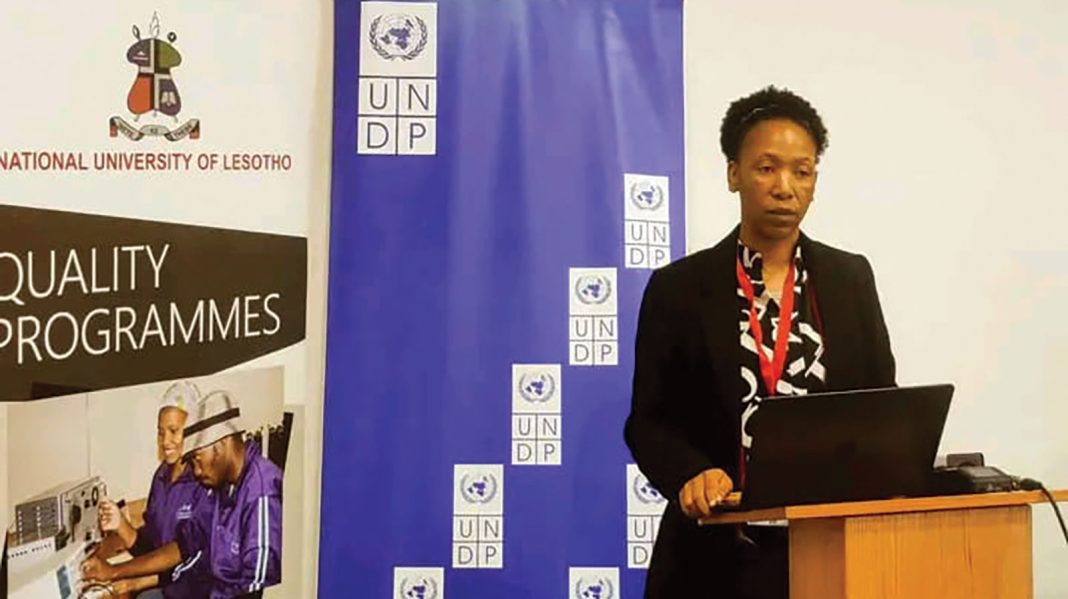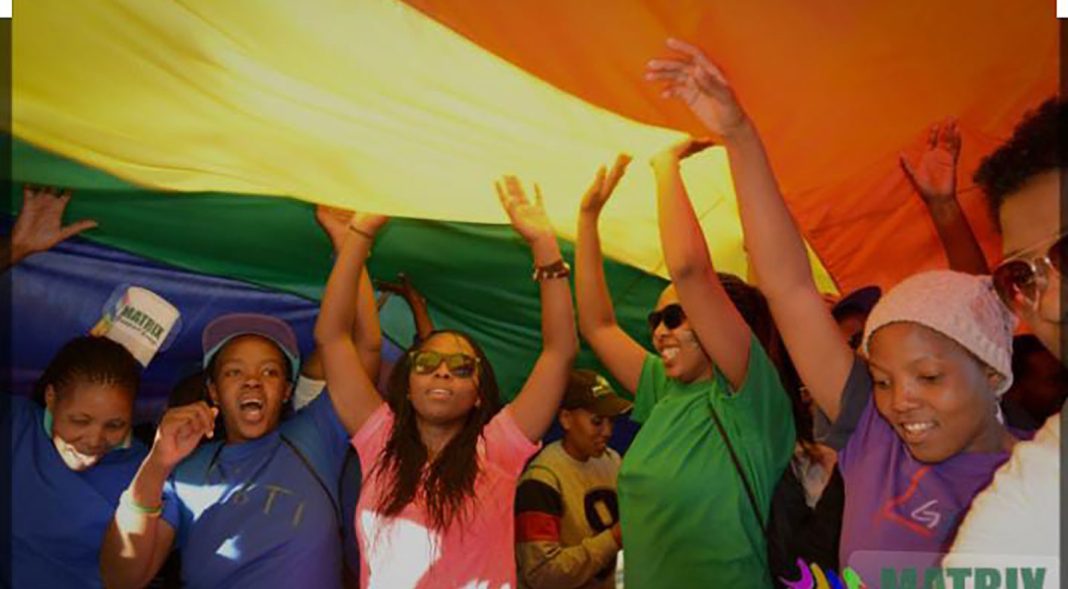The significance of indigenous knowledge systems (IKS) took centre stage when academia converged at the National University of Lesotho (NUL) for the Lesotho Bicentennial Conference that kicked off on Tuesday this week.
The three-day event seeks to address pertinent issues as the country celebrates 200 years of Basotho nation-building, with an emphasis on IKSwhich are vital for sustainable development in Africa.
It was facilitated by the Academic Forum for the Development of Lesotho under the theme:“Advancing Epistemic Diversity and Pluralism for Sustainable Development.”
The conference attracted a diverse array of participants, including government officials, academics, and the diplomatic corps, to discuss the role of IKS in fostering sustainable development.
The Vice-Chancellor of NUL, Professor Olusola Fajana, highlighted the significance of this bicentennial celebration.
“This is not just a milestone; it is a reflection of our journey as a nation. It is necessary to revisitindigenous practices; Basotho have historically utilised traditional knowledge to address their agricultural needs and social issues,” he said.
On behalf of the ministry of information science technology and innovation, ‘Matṧepo Mosoka,said they are celebrating 200 years and also recognising the deep knowledge that has held Basotho.
Mosoka emphasized the protection of traditional knowledge in helping address issues like climate change and preserving the Basotho heritage.
Supported by UNDP Lesotho, the event provided a platform for sharing experiences and insights on the integration of IKS into contemporary development strategies.
As the conference unfolds, participants are also expected to explore how these indigenous practices can inform sustainable solutions to the pressing economic and social challenges facing Lesotho and the broader African continent.
The conference serves as a poignant reminder that, as the Basotho look back on their rich history, they also have the opportunity to harness their cultural heritage to forge a sustainable future.
The insights gained from this celebration will undoubtedly influence policies and practices aimed at enhancing the well-being of the Basotho people for years to come.









